Waste plastic recycling – Pyrum Innovations AG and Thermo Lysi SA have entered into an agreement to establish a recycling facility in Greece 21-09-2023
Crude Oil Prices Trend
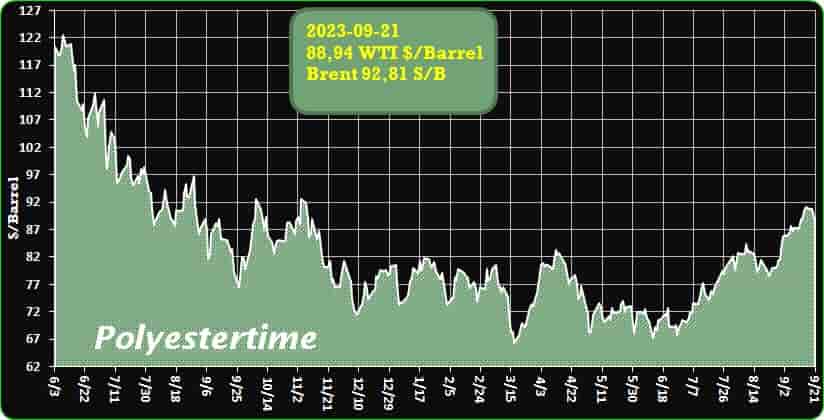
Crude Oil Prices Trend by Polyestertime
BASF has made a groundbreaking announcement, introducing a pioneering range of biomass-balanced plastic additives to the market for the very first time
The inaugural offerings in this product line, Irganox 1010 BMBcert and Irganox 1076 FD BMBcert, have received certification from TÜV Nord under the ISCC PLUS (International Sustainability and Carbon Certification) scheme. These innovative solutions champion the use of renewable resources and empower BASF’s customers to meet their sustainability objectives.
The BMBcert product series plays a crucial role in conserving fossil resources. At the inception of the supply chain, sustainably sourced bio-based raw materials, certified by ISCC, replace traditional fossil counterparts. The equivalent amount is attributed to the product through the mass balance method. This allocation results in a remarkable reduction of the BMBcert product’s carbon footprint (from cradle to gate), slashing it by up to 60% when compared to the average global carbon footprint of conventionally produced items. Waste plastic recycling
Consequently, these certified additive solutions play a pivotal role in sustainable development, contributing to fossil resource conservation, greenhouse gas emission reduction, and the promotion of renewable raw materials. This pioneering product solution empowers customers to distinguish themselves from competitors while simultaneously advancing their sustainability objectives, all without compromising performance and quality.
Irganox 1010 BMBcert and Irganox 1076 FD BMBcert are suitable for a direct swap with Irganox 1010 and Irganox 1076. The BMBcert products are indistinguishable from their conventional counterparts in terms of performance, quality, product responsibility, and regulatory compliance. Consequently, customers need not undergo requalification of these additive solutions or reformulation of their products.
Joerg Bentlage, Head of Global Product Management, Plastic Additives, BASF, commented, “By leveraging BASF’s highly integrated global production network, which consists of interconnected sites and facilities, we are able to produce these industry-first drop-in solutions with a reduced carbon footprint but equal performance characteristics. On our path to a circular economy, we want to drive a sustainable change towards renewable raw materials in the industries we supply through innovative and strategic customer partnerships.” Waste plastic recycling
Initially, Irganox 1010 BMBcert and Irganox 1076 FD BMBcert will be produced at BASF’s facility in Kaisten, Switzerland. Additionally, Irganox 1010 FF BMBcert and Irganox 1076 FD BMBcert will be available in McIntosh, USA, starting in the spring of 2024.
BASF, as the world’s leading partner in plastic additives innovation, is steadfast in aligning with its customers’ sustainability objectives. The BMBcert additives form an integral part of the VALERAS portfolio, aimed at creating new value for plastics. BASF’s commitment to advancing sustainable innovations in the plastic additives sector addresses critical issues like climate change. Biomass-balanced plastic additives
ISCC PLUS serves as an international certification program ensuring supply chain traceability and accountability from raw materials to the final product.
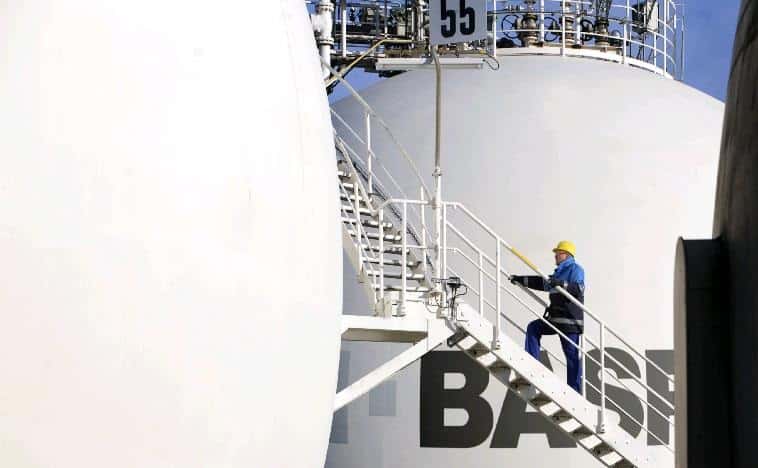
Pyrum Innovations AG and Thermo Lysi SA have entered into an agreement to establish a recycling facility in Greece
The contract for the planning and development of this new facility has been formally executed.
On September 14, 2023, Pyrum Innovations AG, known as “Pyrum,” initiated discussions with Thermo Lysi SA to collaborate on the creation of a cutting-edge tire recycling plant in Greece. Pyrum has undertaken the responsibility of conducting all essential planning activities required to secure the necessary building permits in compliance with Greek regulations. The facility is set to be constructed approximately 140 kilometers north of Athens and will possess a processing capacity of 20,000 tonnes of used tires annually. This capacity is substantial, allowing it to address nearly half of Greece’s annual waste tire production, which stands at around 45,000 tonnes.
The facility’s primary objective is to facilitate sustainable tire recycling and the recovery of valuable resources. Waste plastic recycling
Pascal Klein, CEO of Pyrum Innovations AG, expressed enthusiasm about this pioneering project in Greece, in partnership with Thermo Lysi SA. The commencement of the design work and the permitting process underscores the trust and commitment demonstrated by Thermo Lysi SA. Together, both companies intend to explore the prerequisites for constructing a state-of-the-art recycling plant that addresses the challenges associated with tire waste disposal in Greece. Their collective efforts aim to make a significant contribution to the circular economy.
As part of this collaboration, Pyrum has agreed to undertake the fundamental engineering tasks and prepare portions of the requisite approval documents for the new facility. Furthermore, the chosen location for the plant already hosts an existing tire recycling facility with a shredder plant, which allows for synergy and efficiency in the development and future operation of the new system. Additionally, the chosen land provides ample room for potential future expansion of capacity. Waste plastic recycling
This agreement with Thermo Lysi SA bolsters Pyrum’s extensive and promising pipeline for pyrolysis plant construction based on Pyrum’s innovative technology, marking the company’s first project outside of Germany. Pyrum has recently signed multiple letters of intent with various enterprises for collaborative ventures. Furthermore, the company has initiated the preparation of approval documents for another proprietary facility in Homburg, Germany, with construction slated to commence by year-end. Pyrum is confident, based on ongoing financial discussions, that the financing will be secured in time for the submission of approval applications for this project as well.
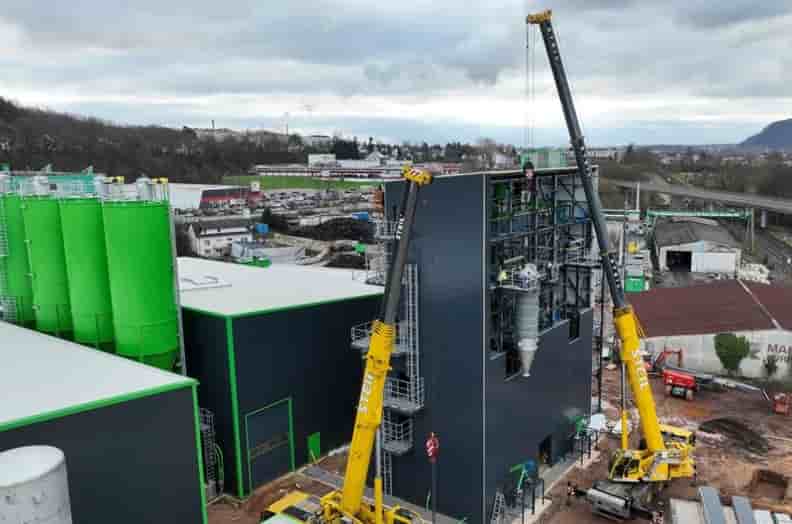
Global waste plastic management needs more effective approach
New report sketches Global Rules Scenario that shows how much more effective
It’s often said that the key to success is collaboration, and if this latest report from the Nordic Council of Ministers for the Environment and Climate is anything to go by, that certainly seems to be the case in the case of waste plastic management.
The report, which was developed by Systemiq, signals the urgent need for concerted global action and the implementation of global policies to ward off further escalating plastic pollution.
Failing such measures, virgin plastic production could soar by 66%, from 430 million tonnes in 2019 to 712 million tonnes in 2040. This would nearly double annual mismanaged plastic volumes and increase greenhouse gas emissions by 63% by 2040 relative to 2019 levels, the authors write. Waste plastic recycling
Published under the title ‘Towards Ending Plastic Pollution by 2040: 15 Global Policy Interventions for Systems Change’, the report is emphatic that the upcoming international treaty on ending plastic pollution also incorporate a comprehensive set of globally binding rules. These are crucial to fully end all aspects of plastic pollution and align the plastic system with the Paris Climate Agreement.
The present report contains a package of 15 global policy interventions across the plastic lifecycle. However, their effective implementation can be achieved only by anchoring these in global rules set down in the international, legally binding instrument to end plastic pollution. “Without common global rules and harmonised action, coordination and collaboration, the plastics policy landscape would likely remain fragmented, the adoption of far-reaching policies limited and the system’s ability to deal with complex international plastic value chains insufficient,” the report states. Biomass-balanced plastic additives
Gudlaugur Thór Thórdarson, Icelandic minister of the environment, energy and climate and current president of the Nordic Council of Ministers for Climate and the Environment, referred to the plastic treaty as a ‘unique opportunity to end plastic pollution by 2040’.
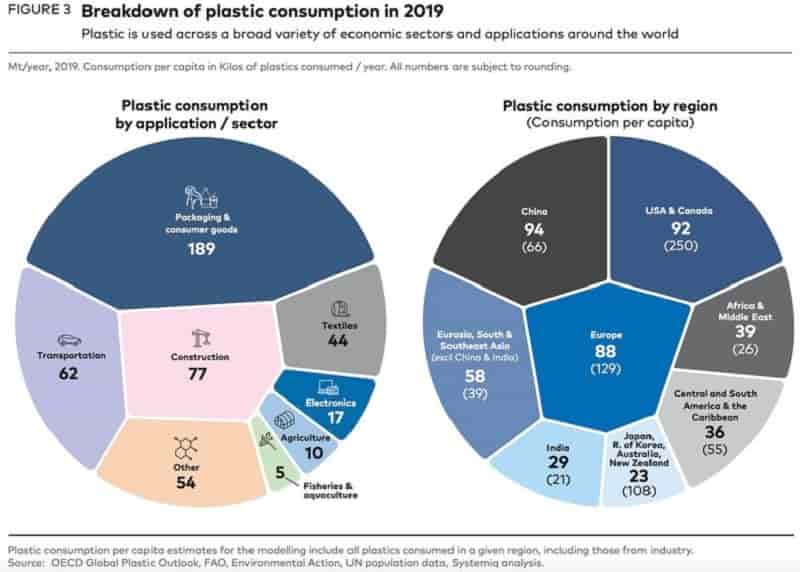
This electric motor reaches 475 HP using half the magnets
DeepDrive, a Munich-based company backed by prominent supporters like BMW and Continental, has unveiled a groundbreaking powertrain for electric vehicles set to hit the market in 2027. This innovative motor, known as the CSD 450, marks a significant advancement in electric motor technology.
One of its standout features is its ability to achieve a remarkable 475 horsepower while utilizing only half the number of magnets typically required. DeepDrive’s ingenious design employs a radial flow unit with two rotors—an internal and an external one—separated by two air bearings, thus optimizing performance. Additionally, this motor incorporates an innovative winding system boasting an impressive gap-fill factor of over 80%.
DeepDrive’s engineers have made efficiency gains in less space, reducing the reliance on magnetic materials by a remarkable 50% and cutting iron usage by a staggering 80% compared to competitors. Waste plastic recycling
Furthermore, this cutting-edge device combines the motor with a two-stage spur gear and an integrated silicon carbide (SiC) inverter, featuring a coaxial output shaft that minimizes space requirements without significantly impacting costs.
DeepDrive has also shared key performance details for two upcoming versions, designated as the CSD 450 and CSD 700. The CSD 450 will deliver a robust drive torque of 430 Nm and a power output of approximately 312 horsepower. This makes it suitable for both front- and rear-wheel-drive electric vehicles in the C-segment, as well as premium prototypes with four-wheel drive capabilities. Variable gear ratios will enable torque outputs ranging from 2,700 to 3,800 Nm.
On the other hand, the CSD 700 is poised to become the primary drivetrain for premium D-segment vehicles and all-wheel-drive vehicles. It boasts an impressive torque output of up to 5,400 Nm and a power output of around 475 horsepower.
Furthermore, the CSD 450 offers flexibility with a variable gear ratio, ranging from 6.4:1 to 9:1, while the CSD 700 offers a gear ratio range between 6:1 and 8:1. DeepDrive emphasizes that the transmission unit can seamlessly integrate into the wheels or be installed as a conventional central transmission. With such groundbreaking technology, DeepDrive is poised to make a substantial impact on the future of electric vehicle powertrains. Waste plastic recycling
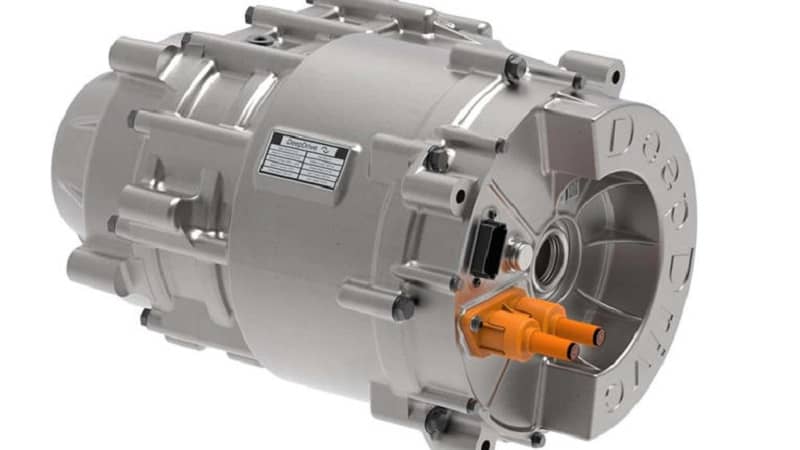
Britvic Ireland Unveils €6 Million Investment in Ballygowan Facility
Britvic Ireland has revealed its commitment to invest €6 million in the expansion of its Ballygowan facility, located in Newcastle West, Co. Limerick. This strategic move aims to increase the site’s production capacity by more than 20% to cater to the growing consumer demand for Ballygowan mineral water. Furthermore, it will result in the creation of 28 new job opportunities.
In addition to the bolstering of its workforce, this investment will facilitate the production of an additional capacity equivalent to 50 million fully recycled and recyclable 500ml bottles of Ballygowan. This expansion will not only enhance production capabilities but also reinforce the site’s commitment to sustainability. Waste plastic recycling
Ballygowan proudly holds the title of Ireland’s leading bottled water brand, and recent years have witnessed a consistent upswing in consumer demand. Sales of Ballygowan products have seen robust double-digit volume growth compared to pre-Covid levels. Notably, Newcastle West has been the heart and source of Ballygowan mineral water production, maintaining this tradition since 1984.
Britvic Ireland has been a valued local employer in Newcastle West since 2007, with the facility currently employing 55 individuals, in addition to the newly announced positions. It’s worth noting that Ballygowan bottles are crafted from 100% rPET, thanks to a prior €2 million investment in the Newcastle West facility in 2021. Biomass-balanced plastic additives
For more information, please visit Britvic.
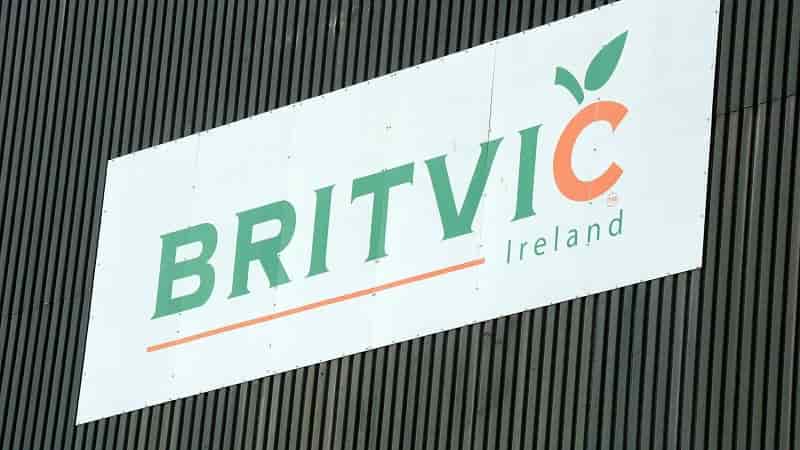
KBR to supply ammonia cracking unit for South Korean hydrogen power plant project
KBR, the US-based engineering firm renowned for its cutting-edge hydrogen technology, has secured a pivotal role in Hanwha Impact Corporation’s ambitious hydrogen power project in Daesan, South Korea. The company announced that it will provide its advanced H2ACT™ technology to compose a critical component of the ammonia cracking unit, a key element in the conversion of ammonia into hydrogen for utilization in an upcoming power plant.
In a significant development for the project, KBR has entered into a license and engineering design contract with Hanwha Impact Corporation, which will facilitate the supply of their groundbreaking H2ACT™ technology for integration into the ammonia cracking unit. Waste plastic recycling
This specialized unit holds the crucial responsibility of transforming ammonia back into hydrogen, rendering it suitable for the envisioned power plant’s operations. The expected output from this unit is an impressive 200 tonnes of clean hydrogen every day, a substantial leap forward in the quest for sustainable hydrogen utilization in South Korea.
This strategic partnership between KBR and Hanwha Impact Corporation reflects a broader trend in the global energy sector, where hydrogen is increasingly being viewed as a key player in achieving sustainable energy goals. South Korea, like many other nations, recognizes the immense potential of hydrogen in addressing environmental concerns and diversifying its energy portfolio.
This development follows another noteworthy achievement earlier this year, in 2023, when PSM, Thomassen Energy, and Hanwha Power Systems collaborated to successfully operate a gas turbine with a hydrogen blend comprising 60% hydrogen at a power plant located in Daesan. This power plant is jointly owned by Hanwha and TotalEnergies, two major players in the energy sector. This successful demonstration underscored the viability and potential of hydrogen as a clean energy source, further bolstering the case for large-scale adoption of hydrogen technologies in South Korea. Waste plastic recycling
The ammonia cracking unit, which KBR will play a pivotal role in, represents a critical link in the hydrogen value chain. It takes ammonia, a widely available and transportable hydrogen carrier, and efficiently converts it back into its elemental hydrogen form. This conversion process is a crucial step in ensuring a reliable and sustainable source of clean hydrogen for the power plant’s operations.
By committing to deliver over 200 tonnes of clean hydrogen daily, Hanwha Impact Corporation’s project aims to set new standards in hydrogen production, storage, and utilization. This milestone project aligns with South Korea’s broader vision of becoming a leader in the global hydrogen economy, reducing carbon emissions, and transitioning toward a more sustainable energy future.
In conclusion, KBR’s involvement in supplying the ammonia cracking unit for the South Korean hydrogen power plant project marks a significant stride towards achieving large-scale sustainable hydrogen utilization.
With the successful gas turbine operation earlier this year and the promise of over 200 tonnes of clean hydrogen daily, South Korea is poised to play a prominent role in the global hydrogen revolution, demonstrating its commitment to a greener and more sustainable energy landscape. Waste plastic recycling
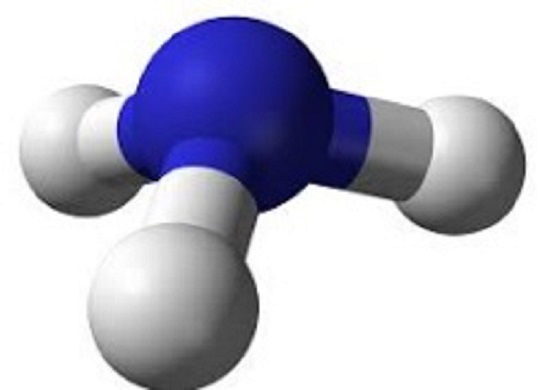
Toray and Honda Commence Collaborative Validation of Chemical Nylon 6 Recycling for Automotive Use
In an official announcement, Toray Industries, Inc. has revealed its partnership with Honda Motor Co., Ltd., aimed at the joint development of an innovative chemical recycling technology geared towards repurposing glass-fiber reinforced nylon 6 components retrieved from end-of-life vehicles.
This collaborative endeavor has already initiated the validation process for the proposed technology, which revolves around the depolymerization of nylon 6 through the use of subcritical water, followed by the regeneration of the material into caprolactam, a fundamental raw monomer. Waste plastic recycling
The research and development teams from both companies focused their efforts on harnessing the unique properties of subcritical water, such as its exceptional permeability, solvent power, and hydrolysis capabilities within resin materials. This breakthrough technology effectively deconstructs nylon 6 with the assistance of subcritical water, which refers to water exposed to elevated temperatures and pressures. Importantly, subcritical water operates without the need for catalysts or additives, facilitating the swift depolymerization of nylon 6 in a matter of minutes, ultimately yielding high quantities of raw monomer. Subsequent separation, refinement, and repolymerization of this monomer enable the creation of nylon 6 with performance qualities akin to virgin material.
The Ministry of the Environment has embraced this cutting-edge technology as part of its fiscal 2023 initiative to establish a decarbonized circular economy system, including the validation of recycling systems for various plastics and resources. Toray and Honda plan to leverage this endorsement to establish a pilot facility with an annual processing capacity of 500 metric tons of raw resin. This facility will serve as a platform for rigorous validation testing.
The initial phase of this collaborative effort will involve the recycling of used automotive plastic components into equivalent materials for automotive applications. The two corporations will concentrate on developing technologies for depolymerization and monomer separation and refinement, using intake manifolds as the primary raw materials for engine intake system components. Waste plastic recycling
Their objective is to implement these technologies for chemical recycling of automotive resin parts by approximately 2027.
In the future, the partners aspire to expand the reach of their chemical recycling technology to encompass diverse sectors, including apparel, films, and other non-automotive domains. They also envision involving other enterprises in their mission, with the goal of establishing a comprehensive chemical recycling system for nylon 6 within Japan. This ambitious undertaking aligns with the broader objective of fostering a circular economy and reducing greenhouse gas emissions.
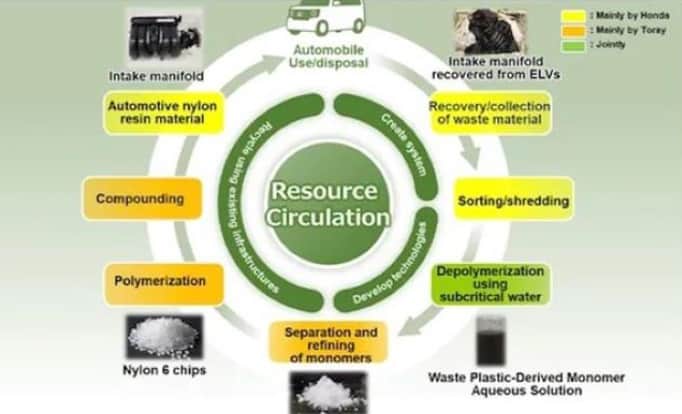
PET bottle chip – The roadmap of the advanced technology of the Toyota battery 20-09-2023
Waste plastic recycling
